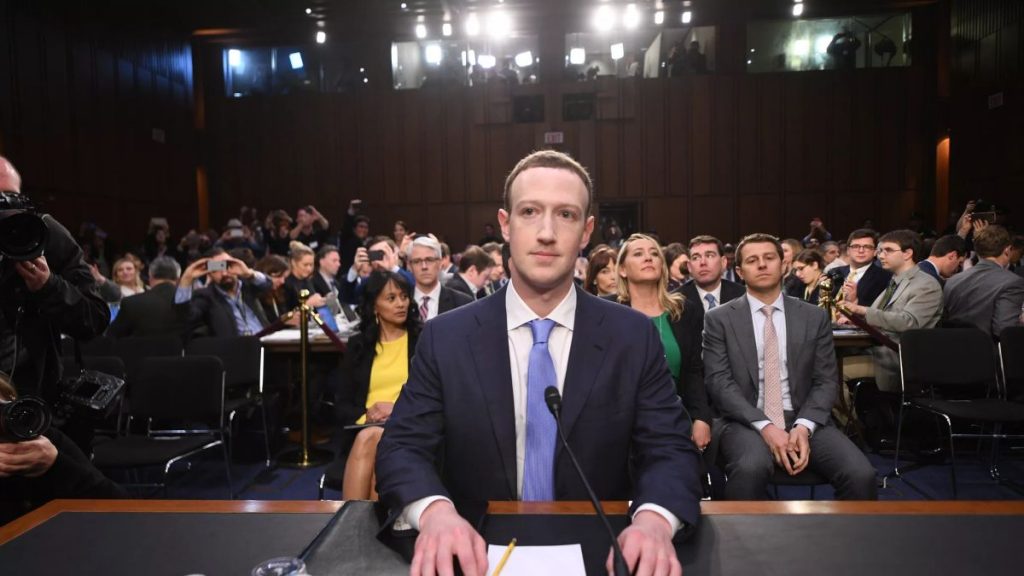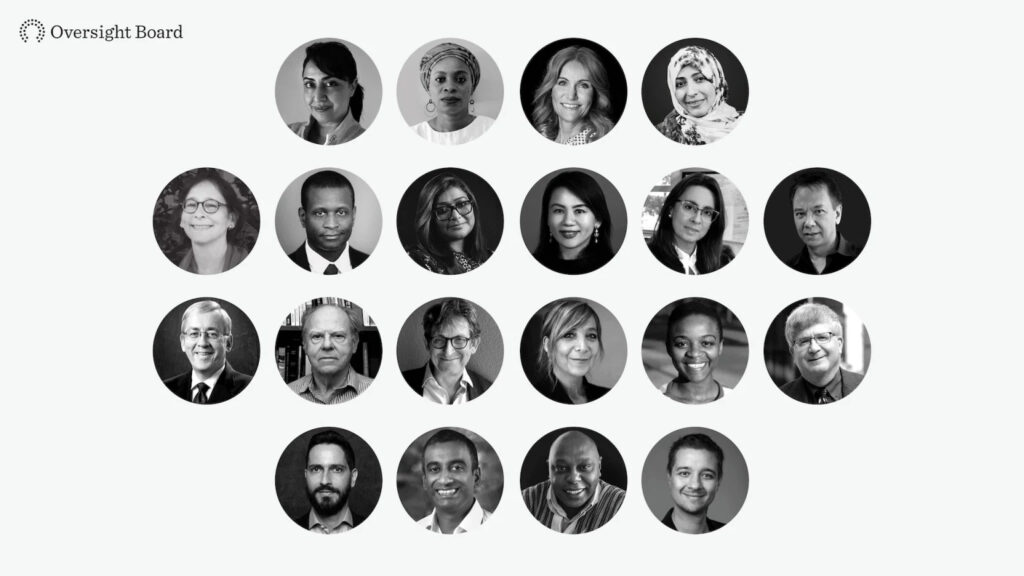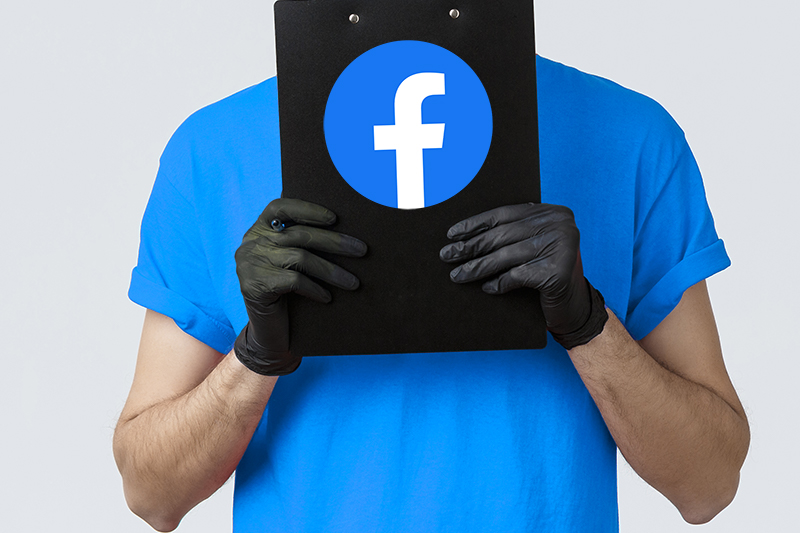A report by the Wall Street Journal has revealed internal Facebook documents detailing of a clandestine programme meant to give special privileges to high-profile users such as politicians and celebrities. Known as XCheck or “CrossCheck”, the system diverts any flags of misconduct or rule breaking involving a VIP account to be reviewed by better-trained Facebook employees instead of contract moderators who usually handle these reports.
The report cites from the internal documents that there were at least 5.8 million VIP Facebook users in 2020. The “whitelisting” process reportedly allowed posts by XCheck users to be viewed more than 16.4 billion times before being removed for breaking the rules, due to delays caused by the additional layer of quality control.

The most notable example in the report involved Brazilian football star Neymar in 2019, when he posted a video on Facebook and Instagram that included screenshots of WhatsApp conversations in response to allegations of sexual assault. The screenshots contained nude photos of his accuser, which goes against Facebook’s “non-consensual nudity” policy.
WSJ claims that following reports of the incident, the CrossCheck system blocked moderators from removing the video for more than a day before taking it down. An internal review showed that the videos were viewed more than 56 million times before being removed, with a separate internal document describing the posts as “revenge porn”.
The internal review stated that Neymar was not subject to the normal Facebook procedure for someone who posts unauthorised nude photos, which is to have their account deleted. This was despite their conclusion that the woman faced bullying and harassment online over the posts. The athlete’s account ultimately faced no consequences.

The report also adds that the company misled its Oversight Board when it was asked by the board back in June to share data on the XCheck system to weigh in on how it should handle the Trump suspension. The board was told at the time that the system only affected “a small number” of its decisions and that it was “not feasible” to share more data.
Facebook responded to the WSJ report by saying that it was based on outdated information. Facebook spokesperson Andy Stone tweeted “there aren’t two systems of justice; it’s an attempted safeguard against mistakes,” citing a 2018 Facebook statement regarding the cross-checking system.
(Sources: WSJ via Engadget, The Guardian // Original image: benzoix/freepik)
Follow us on Instagram, Facebook, Twitter or Telegram for more updates and breaking news.


